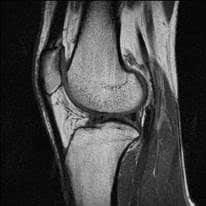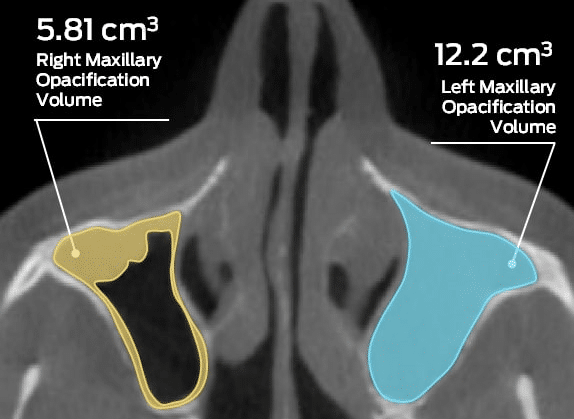According to the Centers for Disease Control and Prevention, nearly half of the population will develop some form of arthritis by age 85. One in five American adults already report having doctor-diagnosed arthritis. With the country’s population experiencing a dramatic demographic shift, with 10,000 Americans turning 65 everyday, there is a critical need to address this condition and offer the millions of sufferers an enhanced quality of life.
Fortunately, thanks to new efforts funded by Arthritis Research UK, we may be moving closer to providing needed relief. According to a study published in the journal Stem Cells Translational Medicine, researchers may have found a protocol to grow and transform human embryonic stem cells into cartilage cells.
The study reports that it may soon be possible to use human embryonic stem cells to form chondrocytes, which are the cartilage cells that are targeted by the disease. After implanting precursor cartilage cells into damaged cartilage in the knee joints of rats, within 12 weeks the damaged cartilage returned to normal.
“This work represents an important step forward in treating cartilage damage by using embryonic stem cells to form new tissue, although it’s still in its early experimental stages,” Sue Kimber, the lead researcher and professor at the Faculty of Life Sciences at Manchester, concluded in her report.
What made the study even more worthy of note is that the regenerated tissue showed no signs of abnormal or disorganized tissue or tumors, which commonly plagued earlier attempts at stem cell treatments.
There is a significant push within the health care community to address arthritis with the use of stem cells and other biological mechanisms. This wide-spread joint disease represents massive economic cost, with the Arthritis Foundation estimating a $156 billion annual cost in lost wages and medical expenses. As such, there a number of planned, active, and ongoing clinical trials exploring the use of biological mechanisms to address this issue. Many of the most recent advancements on combating cartilage defects and degeneration will be explored at the upcoming International Cartilage Repair Society (ICRS) meeting in May in Chicago.
Arthritis clinical trials require careful imaging and expert analysis to quantify the degree of disease activity in any given joint and ultimately the efficacy of novel treatments. Medical Metrics employs clinical thought-leaders and imaging experts in the field of arthritis research, and has provided medical imaging core lab services for numerous clinical trials of stem cell treatments for cartilage repair, ranging from pre-clinical and first-in-human trials to multi-center pivotal studies.
Latest Industry News
[Press Release] Driving Excellence in Cardiovascular Trials: Medical Metrics, Inc and Healthcare Inroads, LLC Deepen Collaboration
Medical Metrics, Inc. Announces Involvement in ReOpen CRS Clinical Trials




